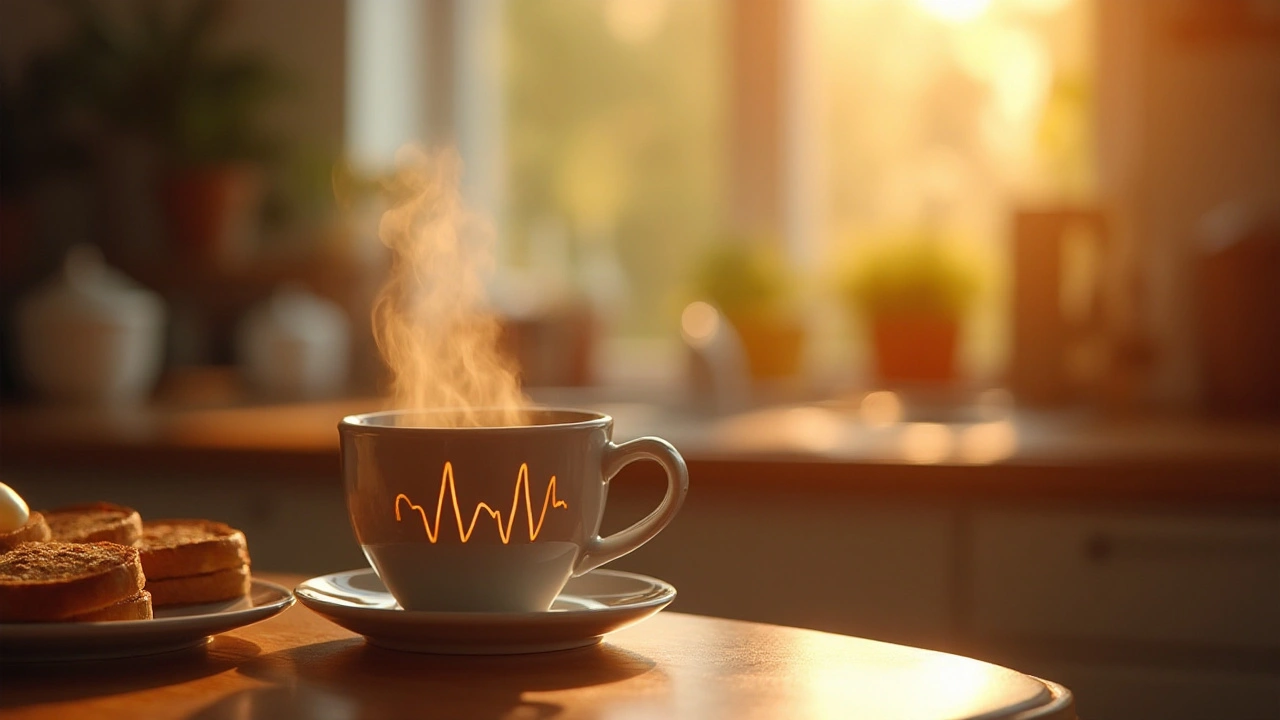Heart rhythm: what to watch for and how meds fit in
Heart rhythm problems can feel subtle — palpitations, skipped beats, or weird fluttering — or they can be sudden and serious. A quick fact that surprises people: some common drugs used for chest pain or erectile dysfunction can dangerously interact and drop your blood pressure. That’s a reason to know what you take and why.
Start with symptoms. If you notice persistent palpitations, dizziness, fainting, or new shortness of breath, call your doctor. Those signs can point to an arrhythmia that needs testing (ECG, Holter monitor) and sometimes urgent treatment.
Common drugs that affect rhythm
Several medications on this site tie directly into rhythm and heart safety. Nifedipine, a calcium channel blocker, eases angina by widening blood vessels — it helps circulation but can lower blood pressure and sometimes cause rapid heartbeat in sensitive people. Read "Understanding Nifedipine: How It Eases Angina" if you want a plain breakdown.
Isosorbide mononitrate is a nitrate often used daily for chest pain. It relaxes veins and reduces heart workload. But here’s the crucial part: nitrates must never be mixed with PDE5 inhibitors like tadalafil (found in Tadarise). Mixing them can cause a sudden, dangerous drop in blood pressure. See "Cardiologists Reveal the Real Pros and Cons of Daily Isosorbide Mononitrate" and "Tadarise: Uses, Side Effects, and Honest Guide to ED Medication" for more on that interaction and safe options.
Beta-blockers such as propranolol (brand Inderal) slow the heart and are used for certain arrhythmias and palpitations. If you’re exploring alternatives for performance anxiety or palpitations, check "Effective Performance Anxiety Remedies Beyond Inderal" for safer short-term tactics and other drug options doctors sometimes prefer.
Other health issues that change rhythm
Thyroid levels matter. Too much or too little thyroid hormone can create palpitations or irregular beats. If you take levothyroxine, keep regular labs and read "Why You Need to Keep an Eye on Levothyroxine Levels." High cholesterol and some lipid drugs also matter because heart disease raises arrhythmia risk — see our piece on gemfibrozil long-term effects for details on monitoring.
Practical checklist: keep a current medication list, tell your doctor about supplements and online purchases, avoid mixing nitrates and ED meds, and get testing if symptoms persist. If you buy meds online, use trusted pharmacies and read our pharmacy safety guides on this site before ordering.
If you’re worried right now — severe chest pain, fainting, or breathlessness — call emergency services. For non-urgent questions about medications and rhythm, bring your list to your clinician and ask about interactions and monitoring. Heart rhythm problems are common, treatable, and much safer when you and your doctor work together.
This article discusses how alcohol and caffeine consumption can influence heart rhythm, particularly focusing on the occurrences of irregular heartbeat. While some enjoy a morning cup of coffee or an evening glass of wine, these substances can have significant impacts on the cardiovascular system. It's crucial to understand how they can affect heart health, especially for individuals with pre-existing conditions. The piece delves into the science behind these effects, providing useful tips for managing and potentially reducing the risks associated with alcohol and caffeine consumption.

